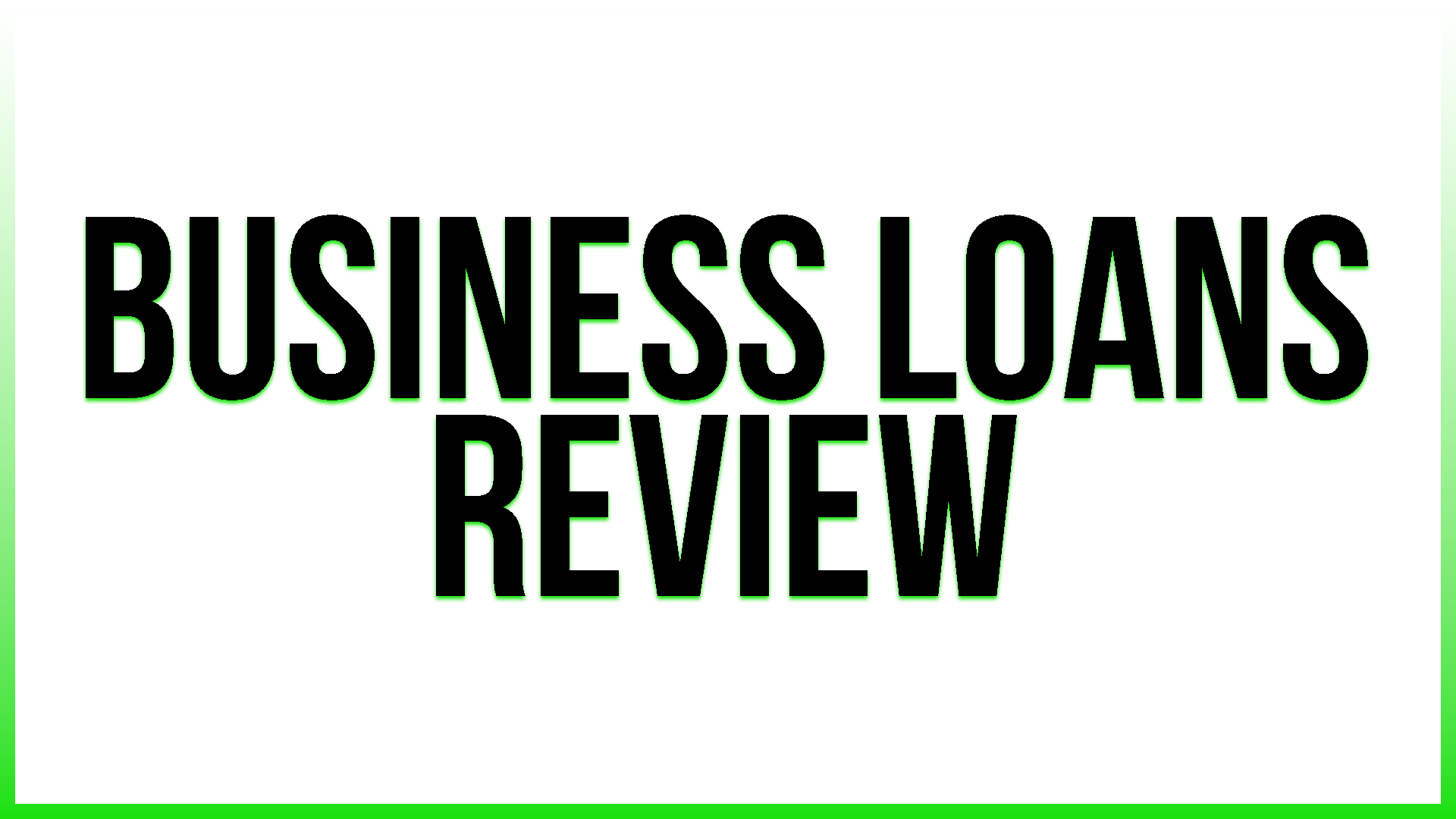Business Loans: A Path to Growth for Music Recording Artists and Labels
By Payusnomind · Jan 7, 2025
Free

Business loans are like that quiet producer in the back of the studio, you don’t see them, but they’re making everything happen. For music professionals, they can fund the next album, studio upgrade, or marketing campaign. But they can also sneak in costs and credit hits.
In this breakdown, part of our series on funding options for musicians and labels, we’re diving into business loans, specifically SBA loans, the government-backed kind aimed at small businesses, creative entrepreneurs included.
Qualifying for a Business Loan
This isn’t a “just fill out a form and wait” situation. Here's what lenders want to see:
Operating History
At least 6 months of active business. That means gigging, streaming, selling merch: whatever counts as revenue.
Debt-to-Income Ratio (DTI)
DTI over 45%? You're probably not getting approved. That means if you make $3,000/month, your total debts better be under $1,350.
Credit History
If your business has credit, they’ll look at that. If not, your personal credit takes the heat. A missed equipment lease can haunt you here.
Revenue Evaluation
-
LLCs or Corps: Lenders look at gross revenue (before taxes).
-
Self-Employed Artists: You’ll need profit and loss statements proving you can actually make loan payments.
-
W2 Workers: Your gross income is assessed.
Loan Terms
Loan terms can stretch up to 25 years. That’s good news if you're planning big, long-term projects like building a studio or bankrolling a tour.
But here’s the real deal: long-term loans = more total interest paid. Don’t let “low monthly payments” trick you into thinking you’re winning.
Business Loan Benefits
Low Interest Rates
Way cheaper than credit cards. A business loan might sit around 8%–10%. Meanwhile, a credit card might run 29%.
Predictable Payments
Your payments are fixed. Same number every month. That’s a big help for budgeting your release cycles.
“True” Interest Exposed
Let’s talk real cost.
Take a $100K loan at 10% over 10 years:
You’ll pay $58,580 in interest. That’s 58% of what you borrowed.
So while they say “10% interest,” you're paying way more than that. Welcome to the magic trick of simple interest math.
Pros and Cons for Music Professionals
Pros:
High Loan Amounts – fund big projects like albums, tours, and new studios.
Fixed Payments – helpful for planning.
Low Interest – cheaper than plastic or predatory financing.
Long Repayment Terms – make big loans manageable.
Flexible Usage – from marketing to mastering, you choose.
Cons:
Rigid Payments – no pause button during slow months.
Tough Approval – paperwork, credit checks, the works.
Credit Risk – fail to pay, and your personal or business credit pays the price.
True Interest is Ugly – that “10%” can feel like 50%.
DTI Sensitive – too much current debt? No dice.
Rating Breakdown
Interest Rate: 🟢 Good
Decent compared to cards and cash advances.
Difficulty: 🔴 Poor
Hard approval process—especially if you’re early in your career or unorganized.
Terms: 🟡 Varies
Could be great or terrible depending on the lender.
Interest Application: 🟡 Ok
Simple interest: transparent-ish, but you’ll still pay more than expected.
Loan Amount: 🟢 Great
Can fund nearly any project if approved.
Impact on Credit: 🔴 Poor
Can hurt if you default. Even applying can ding your score.
Impact on Income: 🟡 Ok
Good if you spend wisely, bad if your project flops.
Risk: 🟡 Ok
Manageable if you're disciplined. Dangerous if you're not.
Flexibility: 🟢 Great
You choose how to use it—beats the “use-it-our-way” style of advances.
Making It Work: A Few Pro Tips
Be Strategic – Don’t borrow just to survive. Borrow to grow.
Prep Paperwork – P&Ls, credit reports, business plans—bring receipts.
ROI Focus – Fund things that make you money back (tours, ads, content).
Talk to Experts – A financial advisor can help you avoid rookie mistakes.
Final Verdict
Business loans aren’t evil; they’re just misunderstood. For artists and labels with a clear vision and financial discipline, they can be a launchpad to something greater. But they’re not free money. If you treat a loan like a lottery ticket, you’re going to lose.
Use it smart. Use it sparingly. Use it to build something.